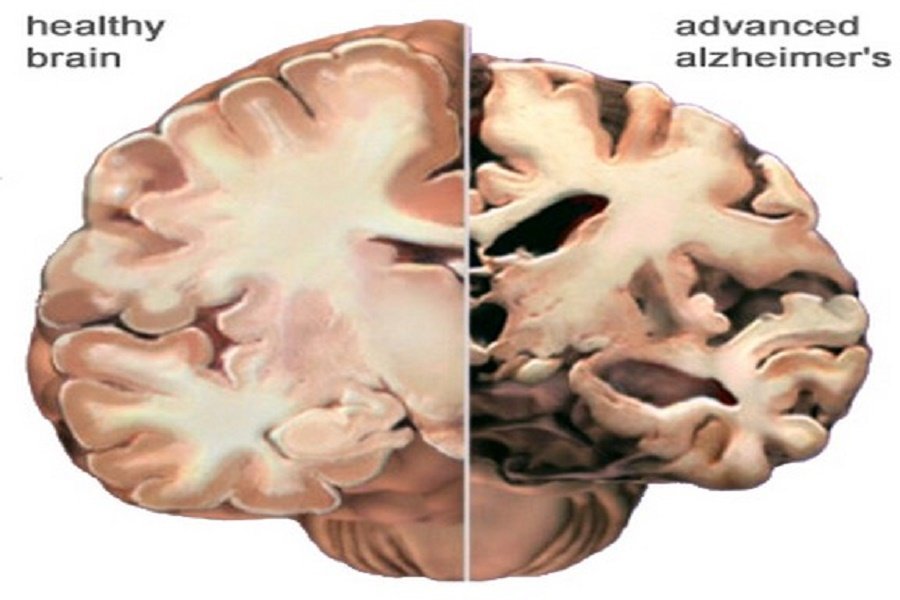
Alzheimer’s disease (AD) is a progressive disorder that causes brain cells to waste away (degenerate) and die. Alzheimer’s disease is the most common cause of dementia — a continuous decline in thinking, behavioral and social skills that disrupts a person’s ability to function independently.
The early signs of the disease may be forgetting recent events or conversations. As the disease progresses, a person with Alzheimer’s disease will develop severe memory impairment and lose the ability to carry out everyday tasks.
AD is an age-related neurodegenerative disease characterized by the deposition of Aβ protein outside nerve cells and the accumulation of phosphorylated tau protein inside nerve cells. There is also a marked loss of nerve cells in the cerebral cortex. Oxidative stress and neuroinflammation are the additional causes involved in AD. The accumulation of Aβ protein is strongly associated with the failure of Aβ clearance that is closely related to the pathogenesis of AD. It is known that low-density lipoprotein receptor-related protein 1 (LRP1) is involved in Aβ protein elimination. LRP dysfunction caused by oxidative stress and neuroinflammation is involved in the onset of AD. Oxidative stress emerges when an imbalance exists between free radical formation and the capability of cells to clear them. The regulation of oxidative stress and neuroinflammation may prevent the onset or progression of AD. H2 may neutralize free radicals and reduce damage to cells. Various studies have reported that H2-rich saline (5 ml/kg, i.p., daily) inhibited oxidative stress, cytokine production, and nuclear factor-κB (NF-κB) production in the hippocampus and cerebral cortex, and improved impaired memory. It has also been reported that consuming H2-rich water inhibits age-related brain alterations and spatial memory decline.
Call Now: 1800-102-0908
Website : www.kykindia.com
Source : https://www.ncbi.nlm.nih.gov/pubmed/21238541
https://www.ncbi.nlm.nih.gov/pubmed/20171955
254 comments. Leave new